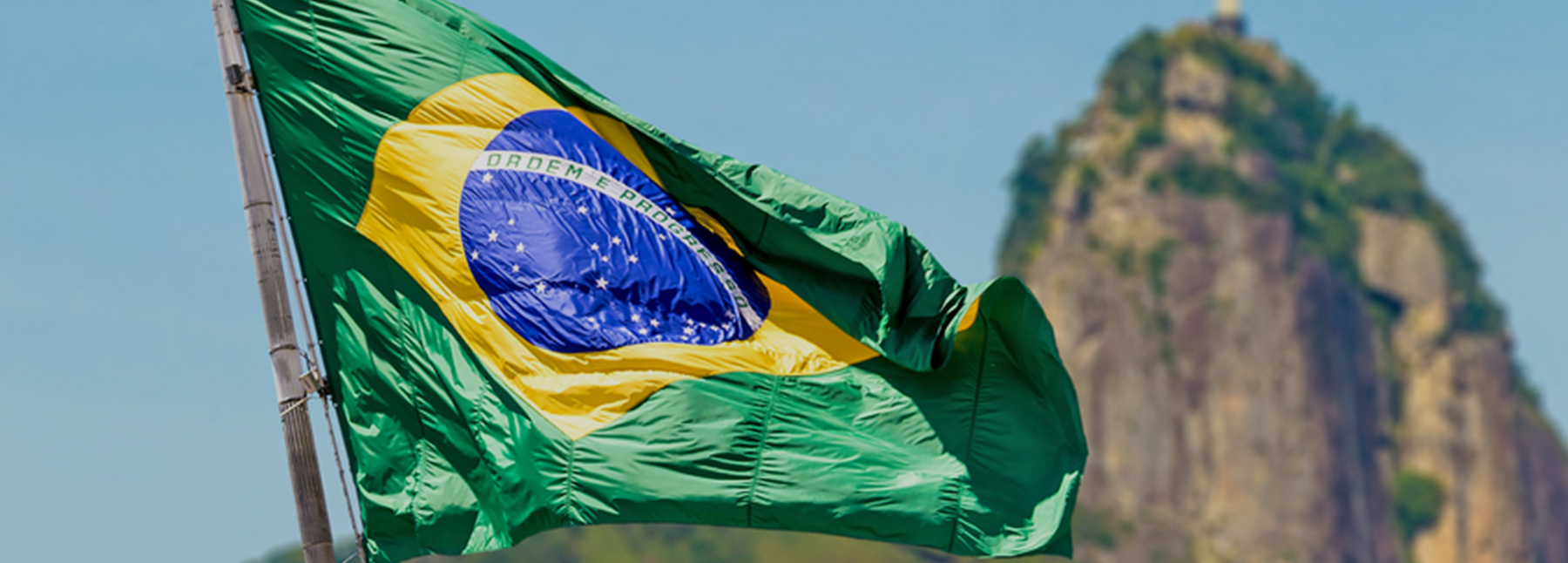Precautions Olympic Games-goers can take to reduce risks and enjoy the festivities more safely.
Zika and other mosquito-borne illnesses
Zika is spreading fast and, according to the World Health Organisation (WHO), the virus is particularly dangerous for pregnant women as it can cause birth defects. Check out our useful post on Zika causes and prevention. Other mosquito-transmitted illnesses present in Brazil are dengue fever and malaria. The most effective way of avoiding any of them is to protect against mosquito bites:
- apply repellents to both body and clothing;
- wear clothing that covers the arms and legs;
- stay indoors during peak mosquito hours, (early in the morning and at sunset);
- avoid areas with stagnant water;
- avoid sexual Sperm transmission of Zika: the usage of condoms is recommended.
Pregnant women should consult their family doctor before travelling to Zika-affected regions, including Brazil. Family doctors can also prescribe medication to protect against malaria.
Infectious diseases
- vaccination against yellow fever is strongly recommended. Protection from vaccination lasts for up to10 years, but must be given at least 10 days before traveling (where it is the primary vaccine) and must be spaced apart from other types of vaccine or booster shots.
- standard vaccinations (diphtheria, tetanus and polio) must also be up to date;
- depending on the length of stay, vaccinations against typhoid and viral hepatitis A and B, are advisable. Check with your family doctor for up-to-date advice.
Hospitals
It makes sense to check whether any existing home or automotive insurance policy includes medical cover while traveling. Some banking cards or personal accident policies also include medical costs, but it is vital to check that any existing insurance covers medical expenses in Brazil.
If existing insurance does not provide enough cover, specific short-term travel insurance is available for a single trip.
Don’t be a victim of crime
Rio de Janeiro, the carnival capital of the world, is surrounded by slums (favelas). If you decide to visit them, you should only do so with an official guide.
Beware of the sun
Travellers from the northern hemisphere who are not used to the strength of the sun in Brazil may not realise until too late how harmful it can be. Over-exposure to the sun can cause fever and nausea, as well as long-term damage to the skin. To reduce the risk of damage:
- apply high-protection sun cream;
- wear a hat or cap;
- drink plenty of water;
- limit physical activities in the heat of the sun;
- use a fan;
- spend no more than a few minutes in the sun between 12 noon and 4pm.
Emergency numbers
- for medical emergencies dial 192 to call an ambulance.
- call 193 for the emergency fire and rescue service.
- contact your assistance or insurance company soon as possible after any incident, to make sure that it will cover medical and other costs.
- if you have a non-urgent medical problem, contact your assistance or insurance company straight away. They will advise you which hospital or clinic can provide the best care.
Have a great time at the Rio de Janeiro Carnival!
For more great reads on health topics, follow us on Facebook.
Allianz Worldwide Care international health insurance
If you are planning to move overseas and require international health insurance, contact Allianz Worldwide Care for a quote.
Get an individual international health insurance quote or more information on corporate international health insurance, online now.


